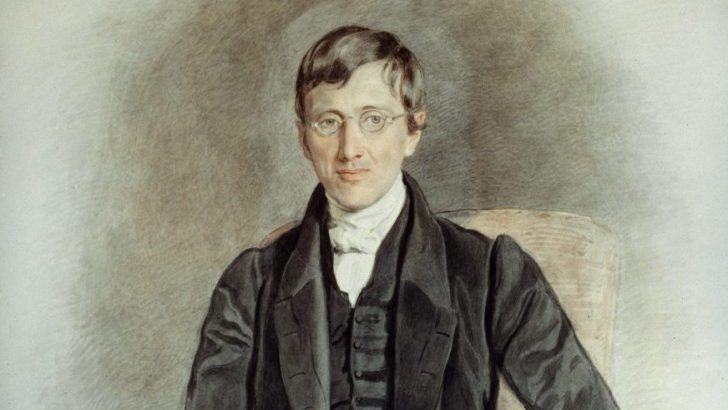As an occasional continuation of our series ‘Lockdown Reading’. This week we are publishing an appreciation of an important book once very well known, but now neglected…
Realizations: Newman’s own selections of his sermons
edited by Vincent Ferrer Blehl, with a preface by Muriel Spark (Liturgical Press, 2009 [originally published 1964])
Teresa Whitington
These 13 sermons from Newman’s Anglican period were selected by Vincent Ferrer Blehl SJ, an outstanding Newman scholar of his day, who worked over many years with Fr Charles Dessain, and was eventually postulator of the saint’s cause. With The Essential Newman (1963), which he also edited, this choice of sermons was called an “’outstanding anthology”.
His choice was made on the basis of a list in one of Newman’s letters. In January 1846, during the period that followed his reception into the Catholic church, Newman wrote to his closest friend and fellow Oratorian Ambrose St John. In his letter, he chose these 13 texts from the six volumes of his Parochial and Plain Sermons, saying they could “profitably be used by the faithful”.
Introducing the selection he had made, Fr Blehl explains its historical context: the “inauthentic and formalistic Christianity” which characterised much 19th-Century religious practice. He links Newman with the Danish religious thinker and proto-existentialist Søren Kierkegaard (1813-55). Kierkegaard attacked Christianity when and where it was practised simply out of social conformity.
Like Kierkegaard, Newman offered an alternative to such inauthenticity. His sermons clarify all that is involved in developing and maintaining a sincere Christian faith.
To all of us then, Newman throws down the gauntlet; challenging us to see with him what faith is, how it can be deepened, the ways in which it is betrayed.
He inspires while thoroughly humbling us.
Sermons
Newman’s source for each sermon – in the well-established Anglican model for sermons – is a biblical quotation. He takes this theme, and develops a psychologically penetrating sequence of variations on it.
In the 13 sermons included by Fr Blehl, Newman explores subjects such as the law of Christ, obedience, charity and love, the saints, sincerity, the hidden presence of Christ in the world, the meaning of human life, and the deep peace Faith can give.
He speaks to each one of us individually now, just as he sought out in his preaching every member of his 19th-Century congregation. He aimed to affect that inner self where each of us, in Christ’s presence, is required to choose our religious beliefs and moral values. Choice can then form the basis for commitment.
It is not an easy thing to learn that new language which Christ has brought us. He has interpreted all things for us in a new way”
As Newman writes in the sermon ‘Unreal Words’ (which he preached in Advent on a text from Isaiah 33:17), the “solemn truths” of Christian salvation “must be laid up in the heart… made our own inwardly”. Newman then asks us to prove our choice of Christ, to realise it daily in the lives we lead with others.
But Newman also gives us time in which to do this. In his moral vision, religious development is a process; dynamic and life-long.
To quote again from the sermon ‘Unreal Words’, Newman says that “absolute belief is the work of long time”, and that “…it takes a long time really to feel and understand things as they are; we learn to do so only gradually”.
Newman continues with a metaphor: that of learning a language. “It is not an easy thing to learn that new language which Christ has brought us. He has interpreted all things for us in a new way; he has brought us a religion which sheds a new light on all that happens. Do not get it by rote, or speak it as a thing of course. Try to understand what you say.”
Newman’s own language perfectly serves the “new language of Christ”.
His biographer Brian Martin praises Newman’s style for its directness, simplicity and logic of expression.
Novelist Muriel Spark, who provided the introduction to the anthology, herself a convert, confirms the impact on her of Newman’s persuasive “simplicity of intellect and speech”.
As we can appreciate from this selection of sermons, Newman seamlessly integrated word and idea, literary style and religious truth.
In doing so he created a unique and lasting poetry of Faith.
Dr Teresa Whitington is the librarian at the Central Catholic Library in Dublin.


 Peter Costello
Peter Costello Newman the year he became a Catholic,
painted in 1845 by Sir William Ross.
Newman the year he became a Catholic,
painted in 1845 by Sir William Ross.